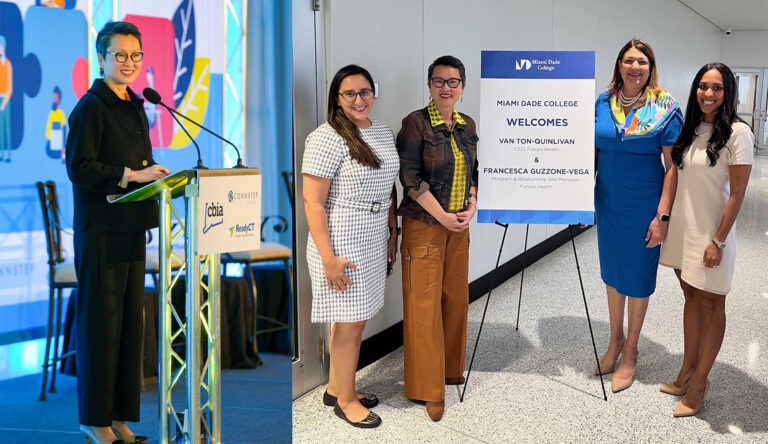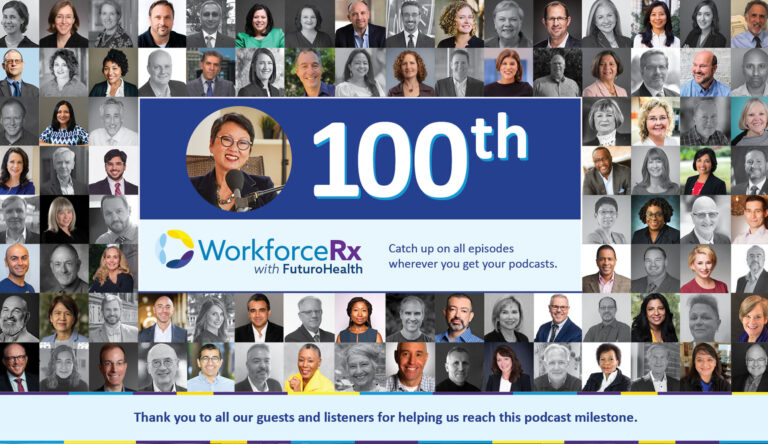
By: Van Ton-Quinlivan, CEO, Futuro Health
The U.S. should expect a shortage of 64,000 physicians by year-end with the deficit growing to 86,000 by 2036, according to a McKinsey & Company Report. One third- of Americans lack access to primary care. These factoids headlined the recent California Healthcare Foundation panel that I participated on entitled “The Future of Primary Care.” Facilitated by Dr. Alan Glaseroff (Stanford Clinical Research Center of Excellence), I joined Dr. Megan Mahoney (UCSF Health) and Dr. Jay Lee (Integrated Health Partners of Southern California) to examine the implications of providing care when there are not enough primary care doctors to go around. All fingers point to a future where the approach shifts to a primary care team-based approach. No longer will the patient assume that every visit with the “doctor’s office” includes seeing the same primary care doctor; you may instead see members of an integrated care team that involves primary care, specialty care, and social services staff. For allied health level roles, this may include the medical assistant, the community health workers, and more…it just depends. The hope is to move from episodic visits – e.g., every few months if you have a condition — to more continuous care as the team leans in to monitor and act on your care needs and provision a “continuous healing relationship” as one speaker referenced.
For the Medical Assistant (a common and ubiquitous occupation), this team-based approach will require more training for expanded and flexed roles. The agility to cross-training MAs to rotate through multiple roles with add-on skills will become in-demand. Depending on the site, they may also need to be a phlebotomist, limited license radiologic technician, pharmacy technician, receptionist, greeter, referral coordinator, post-visit health coach, or medical clerk. Every team may need some combination of skillsets and certifications rather than singularly-trained roles. For more details, see Table 2 New Roles for MAs, Skills and Training Requirements in the article New Roles for Medical Assistants in Innovative Primary Care Practices.
This future of physician scarcity and dependency on a team to provision care is exciting to Futuro Health. We are offering the basics now and creating personalized education journeys that meet learners where they are – regardless of their prior education. Our education journeys bundle Success Coaching, Human Touch Healthcare, and a menu of one or more 17 technical programs of studies that lead into a healthcare credential (in partnership with our education provider ecosystem).
What if we could enable a future where employers, site by site, could select how they want to grow their allied health workforce for this team-based approach by custom designing which of credentials and specialty micro-credentials their workforce should have.
The future of primary care requires an extremely agile workforce development capability to keep up with foreseeable physician shortages, an aging patient population, and population growth without insurance coverage.
Futuro Health CEO Van Ton-Quinlivan is a nationally recognized expert in workforce development. Her distinguished career spans the private, public, and nonprofit sectors. She is a White House Champion of Change and California Steward Leader, and formerly served as Executive Vice Chancellor of the California Community Colleges.



